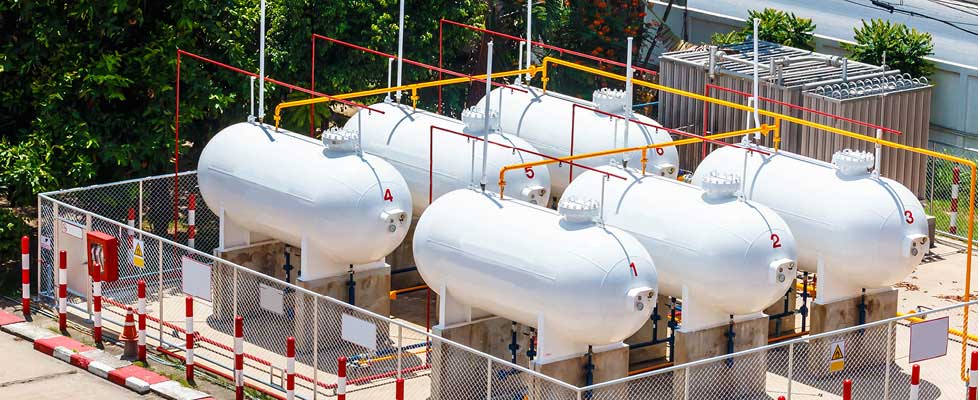
I’ve been fortunate enough to be a member of the retail propane industry for many years now, most of them in a safety-related role. I also feel lucky to have served on safety committees for the National Propane Gas Association and the National Fire Protection Association. I’ve met and gotten to know many of my safety peers over the years and can say without hesitation that ours is an industry that truly believes in investing in safety.
Note that I chose to frame this as an investment, not an expense. That is our mentality at Ferrellgas, and it’s a mentality that’s shared across our great industry. When we invest in safety training and insist on safe practices at our plants and in the vehicles we operate, we develop a mindset and a culture that, not unlike an investment in a stock or mutual fund, can grow and benefit multiple stakeholders for many years to come, creating lasting positive impacts.
So, what are we investing in? First and foremost, we’re investing in family. That’s what my coworkers are to me, and that’s what they are to so many others I’ve been lucky enough to meet and work with in our industry. Whether it’s safe practices when filling tanks on a dock or adhering to safety procedures when making deliveries to residential, commercial and agricultural accounts, when we invest in safety, we’re investing in coworkers who are like family to us. And let’s not forget our own families. At the end of the day, we all want to go home and enjoy time with our significant others, our children and those who matter most to us. That’s what an investment in safety helps us do.
Investing in safety is also an investment in the friends and neighbors who choose to do business with us. They’re more than just customers — they’re the people we see at the grocery store, at church on Sunday and at Little League practices and games. They’re family, too. I want to be able to look them in the eye and know that we’re making the smart decisions and employing safe practices at the propane plant located across town; on the roadways that our bobtails, cylinder trucks and transports traverse; and when we’re connecting a hose and filling a tank at a home or business. We’re haulers of a hazardous material, and I want them to know that we take this responsibility seriously and that we’re making investments in safety that benefit everyone, including them.
Delaying investments in safety — or avoiding them altogether — can have significant consequences. Through the safety-related Google alerts I’ve set up on my computer, I receive near-daily emails about bobtail accidents, rollovers or propane-related incidents at customer locations or other propane-related issues. This news coverage is a bruise and a black eye not just for the company involved, but for everyone in the propane industry. Safety incidents are bad for everyone’s business and lend even a small amount of credence to the “go gas, go boom” messaging that’s been trumpeted in years past by our counterparts in the electric industry. An argument can be made that a lack of investment in safety is an indirect investment in the competition.
It goes without saying that an investment in safety is good for the bottom line. Safety incidents and accidents are expensive — crippling, even, to some of our industry’s smallest competitors. Such incidents also lead to higher insurance premiums, which chip away further at profits. While that certainly shouldn’t be our highest motivator to invest in safety, it provides yet another compelling reason to do so.
Ready to make an even bigger investment in safety in your operation? The training materials provided by the Propane Education & Research Council (PERC) are a great place to start. As I write this, there are currently 140 different safety resources online in PERC’s Resource Catalog. Some of these items can be shared with consumers so they can educate their families and coworkers about propane safety. Many of these invaluable items are available for free, offering a no-brainer and no-excuses investment opportunity.
I’ll close by thanking everyone for the investment you’ve made in safe propane operations. The work you are doing is mission critical and is making a difference in the communities you serve. However, I’ll also offer you the same challenge I give to myself and members of the safety team at Ferrellgas: What more can we be doing?


